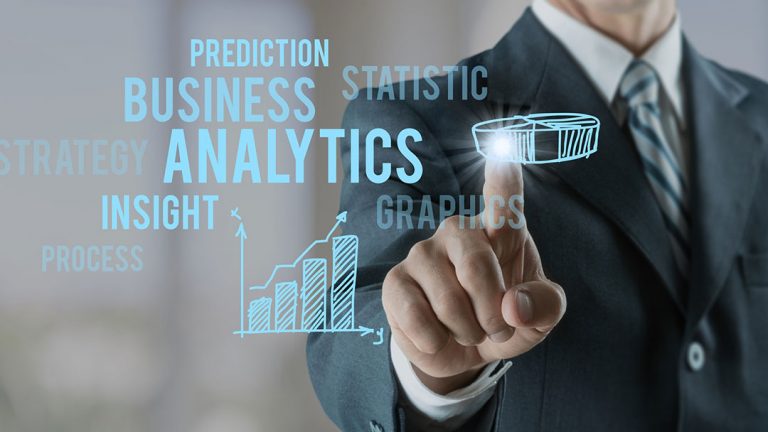We give the best Services
We often think Business Intelligence, Analytics, and Reporting are one and the same. They are all data management solutions, however, there are distinctions present, and in order to clearly grasp these concepts, let us look in to them individually first.
Reporting
Reports gather information on the status of things, as they are, like revenue generated in a month, etc. In doing so, reporting as a method, uses standard formats such as charts to clearly depict the facts and figures.
Business Intelligence or BI
Business Intelligence helps to account what incidents happened in the past, how they happened, and how are things happening at the present moment. It uncovers underlying trends and patterns, but does not delve into the ‘’whys’’, neither does it predicts future incidents. For example, BI can deliver data and statistics on the past one year’s generated revenue, and identify the top performers.
Business Analytics
Business Analytics dig deeper and find out the reasons or the ‘’whys’’ behind the incidents happened in the past. It upholds a clear picture of casualties and contributing factors behind an incident. And based on this knowledge, BI can make predictions regarding what incidents might occur in the future. Business Analytics will not only generate reports on previously generated revenue, and identify top performers, it will also uncover factors that lead to the improved performances of the team members, and will recommend measures that can keep on improving their performances.
How can we assist?
What is their Relevance as Business Models in the modern world?
Reports are basic model of data management and though most resources are familiar with it, it is restrictive in nature. Traditional reporting as a business model does not yield the desired results, that are becoming essential for enterprises with each passing day.
BI and Analytics on the other hand, are designed for agility and advanced outcomes. It is to be noted, however, that the process of uncovering actionable inputs from business data, hugely depends on the expertise and resources of the users. BI and Analytics, therefore, should be developed keeping in mind the non-IT users within and outside an organization.
Convergence Between the Three Models
As Operational Systems are providing better choices for Reporting, more flexibility, and analytical capabilities, including ‘’Embedded Reporting’’, ‘’widgets’’, etc., BI tools are also becoming even more user friendly, and interactive. Although end user’s needs are not much relevant from technological perspective, there is a growing decline in the difference between reporting and data management solutions. With the right tools, for instance, an organization can get the revenue report of the current month, in a familiar format, and can execute data driven actions to ensure measures of improved performance.
In conclusion, we can point out that Reporting as a business model is suitable for front-end and low-level executives. Their requirements can be efficiently met by the technology and any risk of gap between need and operational action can also be ruled out. Experts who can leverage critical insights and convert them into business opportunities, need BI and Analytical tools.
We, at Carezian, can understand your business requirements, and design solutions that will be practical and appropriate for your growth.


